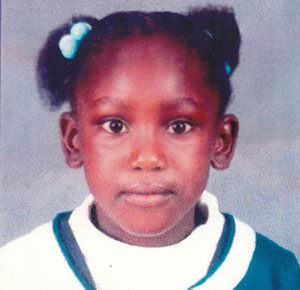×
The Standard e-Paper
Smart Minds Choose Us
 |
| Sharon Jepchumba Korir who succumbed to rabies after a dog bite. |
No matter how much falls on them, they keep ploughing ahead.
Decades ago, one family lost their eight-year-daughter to rabies. But Agnes and Barnaba Korir could not let their lovely girl end up just a statistic. Her death was not in vain.